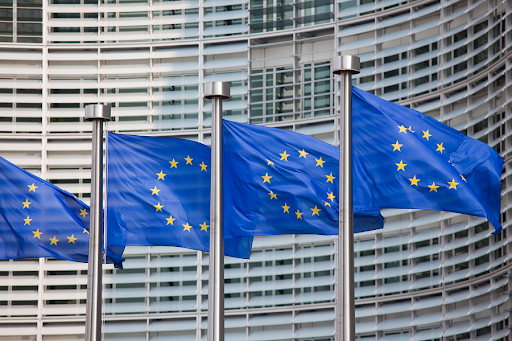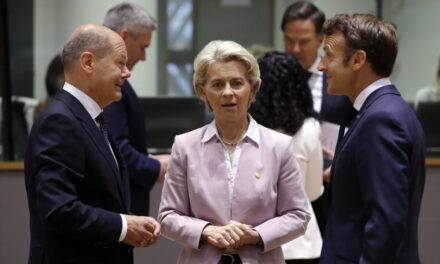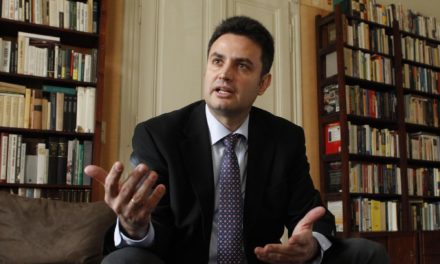On March 5, 2021, a press release was published on the website of the European Union (consilium.europa.eu) stating that the Council approved the future of the Union, its further operation (objectives, structure, scope, schedule), the Council, the EP and the conference to be held based on the joint statement of the Committee.
The announcement also includes the twist in Dodona that the EU will "provide a greater role for citizens" in the process to be conducted for the sake of a "more resilient" Europe.
The conceptual chaos fills me with anxiety - right from the start.
Europe (the continent whose longest river is the Volga and whose highest mountain is Elbrus) is not the same as the European Union. (The pseudo-identity "We are Europe!" is not true: in fact, "neoliberalism = Europe" is an inherently false premise.) In the case of the "European Union" revolution, I make a distinction between the founding idea (the "principles") and the institution (the 'practice') between. While it is no longer possible to resolve conflicts between states on the battlefield (which is no longer the case in Hiroshima), they must be resolved through the search for consensus based on personal relationships of European peoples who are finally getting to know each other - well, this is Europe's only chance for survival. At the same time, an organization called the European Union was created
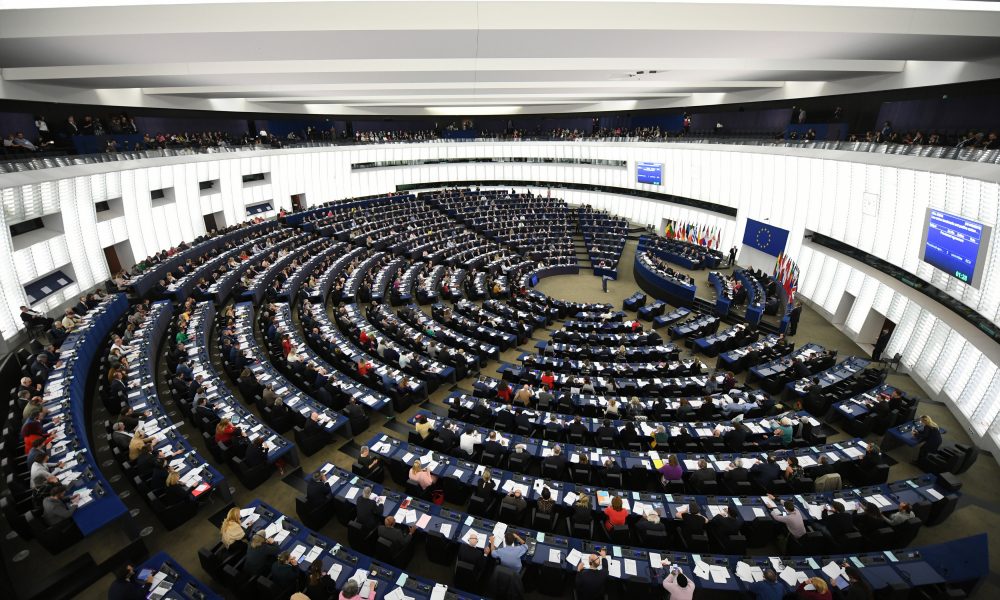
I'm not a lawyer, so I can only guess: the EU was created on the basis of international legal treaties. As far as I know, 'resilience' is primarily a psychological term, which is also used in medicine, ecology, etc. too. But really: where can we look for the 'rule of law', which is constantly defended and waved like a jerk's stick, or Europe's vision for the future?
Fortunately, the self-revealing ability of language ('resilience'?) still works: the promise that the procedure will "ensure a greater role for citizens" is completely weightless. As big as possible and exactly how much bigger? Will the 11th Halberdier be promoted to the 3rd Halberdier? Although the additional text refers to the "multilingual interactive digital platform" plan, it remains unclear who can participate in what form. At the same time, the "digital platform" does not mean any right to have a say, even though (I would venture: this fig leaf) would serve to "support the democratic legitimacy and functioning of the European project". (In total, maybe only half a billion minus one to two thousand EU citizens would be left out of the future planning?)
In short: democracy and the rule of law have been undermining within the EU for many years. What we have here in Eastern (?)-Central Europe (under the spell of classical Greek democracy and the legacy of Roman law) is the Golden Bull of 1222 and the Polish "Nihil de nobis sine nobis"/"Nothing about us without us" (Nothing about us without us) we interpreted/interpret democracy according to the principle even when, according to the current 'legal' regulations, it is not allowed to sing the line "All men shall be brothers" in the EU (according to all indications, Schiller did not also existed, and Beethoven was so untalented that the IX had to be rewritten as an instrumental jingle). ("Oh Freunde, nicht diese Töne!") Is it a coincidence that the most likely outcome of these processes, the fate of the continent, is really "Dies irae, dies illa"?).
Hungary has always received "bad press" in the cultured West. See the early Ragotzky press image (or even the source named about the Great Prince, Ferenc Rákóczi II, Prince of the German Empire, Knight of the Order of the Golden Fleece in Bad Kissingen as the Pandur's partner) - the greatest tragedy is Trianon. (I dare not say: [only] since the beginning of the 20th century, the press has been the father of lies in Europe. It is enough to read Fejtő Ferenc Rekvien's book for a former empire: the author shows how much bribe money was transferred by the Russian foreign ministry before and during the First World War of a respectable part of the French press for pro-Russian news.)
In particular, since 2011, leading Western and overseas de facto media working for preschoolers have been painting amazing pictures, especially of Hungary. And we stand without the faintest hope of refutation, argument, or presentation of facts. A Hungarian initiative that calls for the strengthening (in fact, the rebuilding) of democracy in the European Union could be of fundamental force not only for our uninformed fellow EU citizens, but also for the EU's fairy-tale-making, law-abiding bureaucrats.
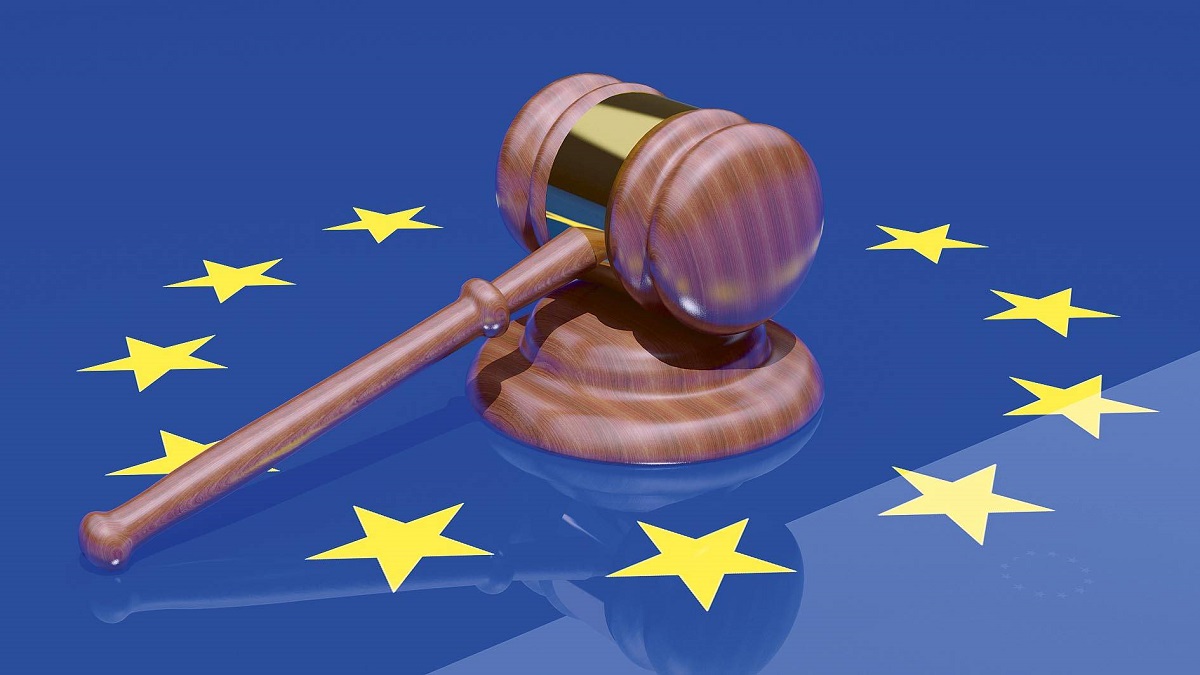
In the grip of the upcoming 2022 elections, suffering from the increasingly generously supported incitement to hatred, I believe that movement (or at least the cessation of aggression) in the Union can only be achieved with some kind of 'big bang', some kind of unexpected, in principle (at least from a legal point of view) indefensible, not it can be listened to, it can be hoped from an initiative that appeals to all EU voters. At the same time, this civil initiative would be linked to the 'official' debate started by the EU bureaucracy, except that now those stuck outside could also speak.
Of course, there are a lot of concerns.
The most basic question: is the EU referendum (a civil initiative) feasible at all, is it not prohibited by some (higher) law, say page 321.
The question is, how many EU voters dare to give their signatures in the grip of an almost certainly quarrelsome (even supported by workplace blackmail) counter-propaganda ('democratic' coercion built on negative slogans and contempt) - while we have continuously experienced at home for thirty years that a third of our neighbors with the right to vote never, even live - he does not indicate his wishes in the matter of death either.
It is natural that the proposed questions must be published in a way that is comprehensible (now without fear of 'populist' turns, and as they say more recently: at a one-bit level), and at the same time legally unassailable (with obvious additions or additions). Perhaps, because of the many questions, it would not be more appropriate to answer them separately, since if someone does not agree with even a single turn or statement, he does not support the entire initiative. (Although the four-gene referendum passed in our country.)
The proposal
We, the citizens of the European Union (the demos/populus) and their supporters, demand a general referendum and the mandatory validation of its results in the following issues:
The European Union must be maintained as a democratic institution that operates according to the rules of representative democracy.
All member states joined a legal and institutional structure fixed in a treaty, which the European Commission is responsible for maintaining.
Since EU leaders are elected by EU citizens, officials must act in accordance with the current majority opinion of the electorate ("Nihil de nobis sine nobis").
The inescapable right of every citizen of the EU is the democratic expression of opinion (Volksbegehren) on all important issues, and before making decisions that define our lives, the political power must be convinced of the public will (Volksbefragung).
The public will cannot be overridden by an individual, group, organization, committee, movement, institution or business.
Author: KIL
(Cover image source: unios-palyatazok.gkf,hu)

